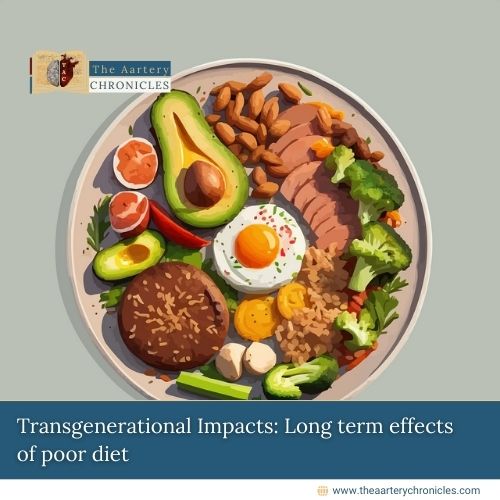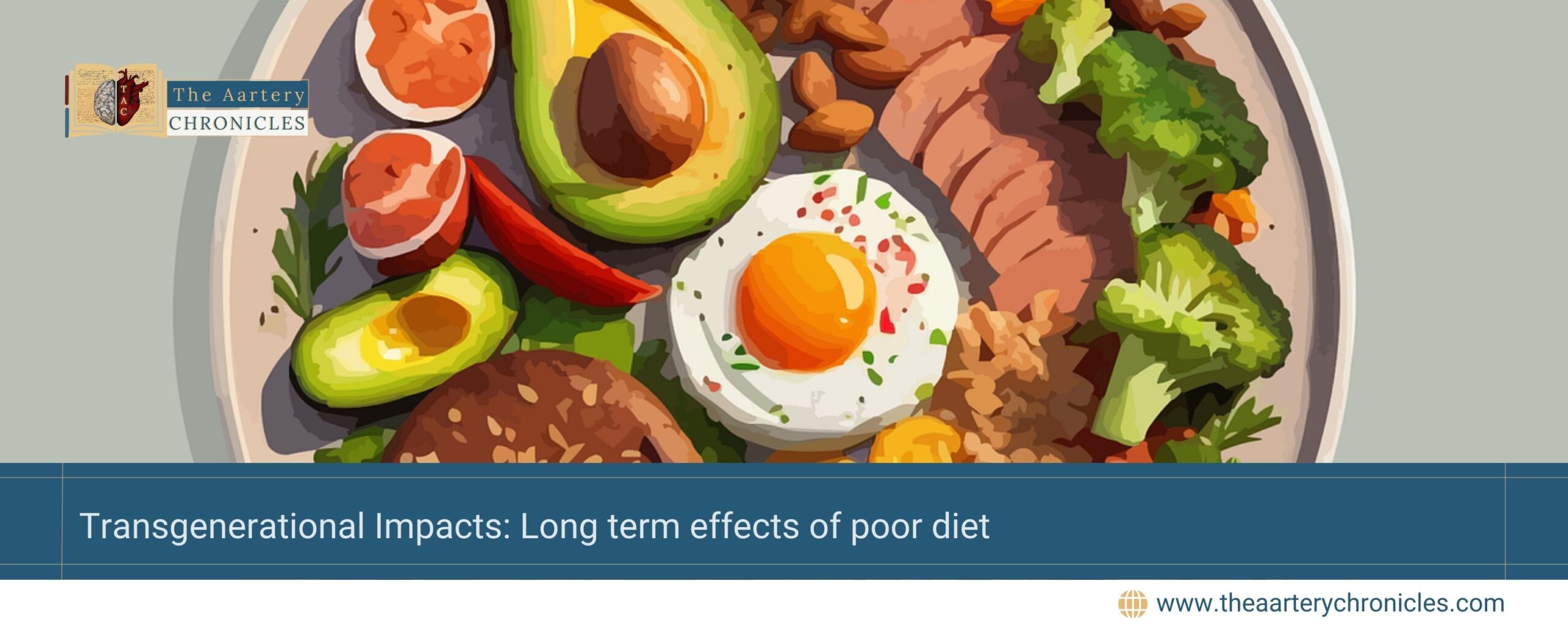

Transgenerational Impacts: Long-term effects of poor diet
Overview
The latest study has discovered that the impact of famine can be passed down to the next generations. Therefore, a popular belief ‘You Are What You Eat’ now evolves to become ‘ You Are What You Eat… And So Are Your Grandkids’
The novel animal study has shown that a diet lacking in protein in one generation caused related health issues, such as smaller kidneys and low birth weight, that continued for the next four generations.
Researchers from the University of Tulane have discovered that when a pair of mice were given a diet lacking in protein, their offspring had smaller kidneys and low birth rates till the next four generations.
Methods
- Researchers conducted multigenerational morphometric measurements to analyze the impact of parental protein deprivation on kidney development in offspring across four generations.
- Diet Groups: One group of parent mice (F0) was fed a normal protein diet (NPD), while another group was given a low-protein diet (LPD) before and during pregnancy.
- Measurements: F1 pups were assessed for kidney weight, body weight, kidney-to-body weight ratio, blood pressure, and nephron counts.
- Paternal Influence: The study involved crossing NPD female mice with LPD male mice to investigate the impact on their offspring.
- Transgenerational Impact: F1 offspring from LPD parents were switched to an NPD after weaning and then bred to examine kidney development in subsequent generations (F2, F3, and F4).
Results
- P0 pups born to parents on a normal protein diet (NPD) weighed considerably more than those born to parents on a low protein diet (LPD), showing a 54% reduction.
- F1 pups from LPD parents had smaller kidneys compared to those from NPD parents, showing a 37% decrease in the weight of kidneys.
- Body weight and kidney weight in LPD offspring continues until P20 and lasted until the next four generations (F1 to F4)
- The number of glomeruli reduced by up to 20% across generations with F3 and F4 showing variation however, no significant differences were observed.
Conclusion
This discovery that diet can have transgenerational effects on the development of kidneys is one of the most crucial and advanced in the field of epigenetics. People might think that addressing diet issues in the first generation would be sufficient. However, according to researchers, the next generations – grandchildren, great-grandchildren and great-great-grandchildren may still be having issues with low birth rates, kidney developmental issues and reduced nephron counts. Both paternal and maternal diets significantly affect the health of offspring. The study highlights the importance of a healthy balanced diet. Also, further research is required to determine proper kidney development returns in which generation and the reasons influencing the trait to pass down to the next generations.
Source:
- Inputs from various media Sources
Morphometric analysis of the intergenerational effects of protein restriction on nephron endowment in mice | Heliyon | DOI: 10.1016/j.heliyon.2024.e39552









